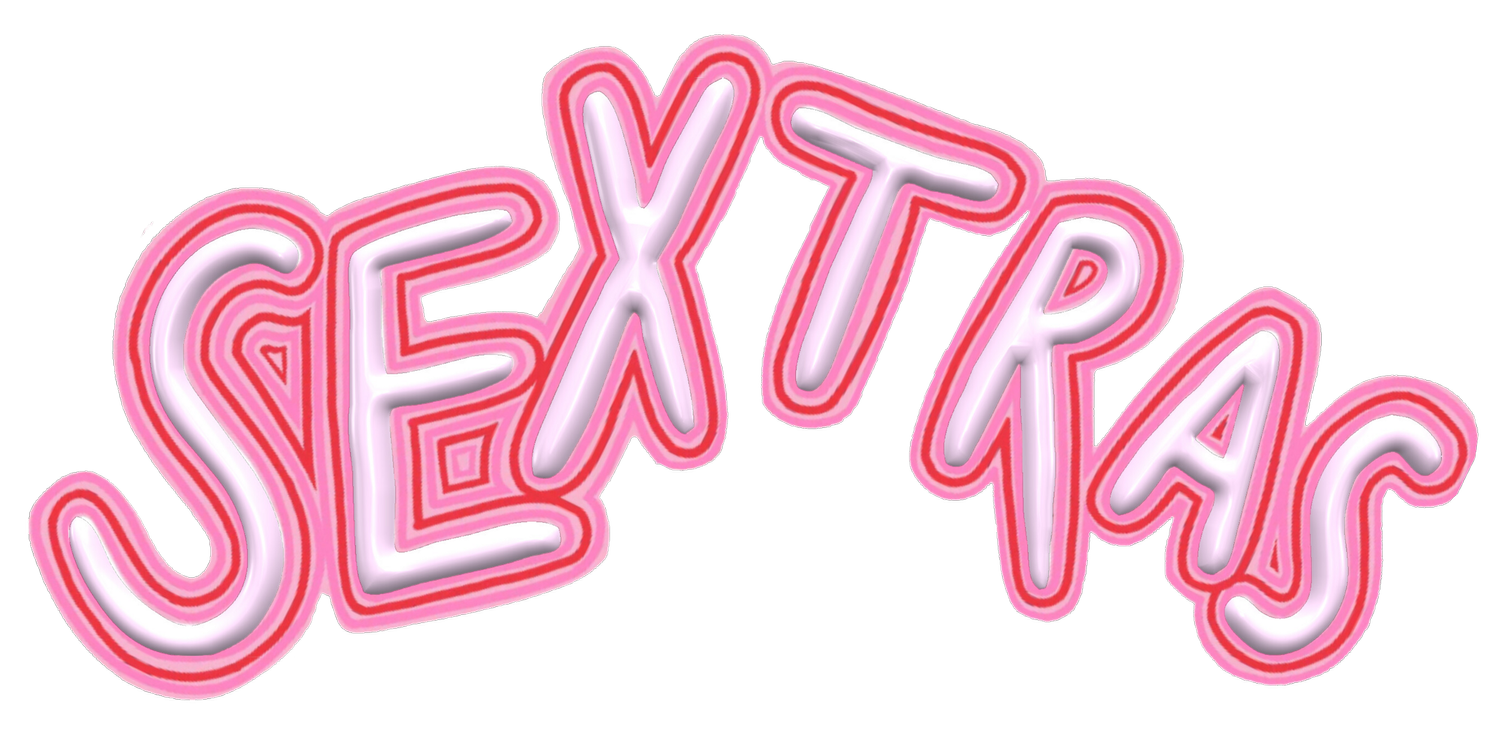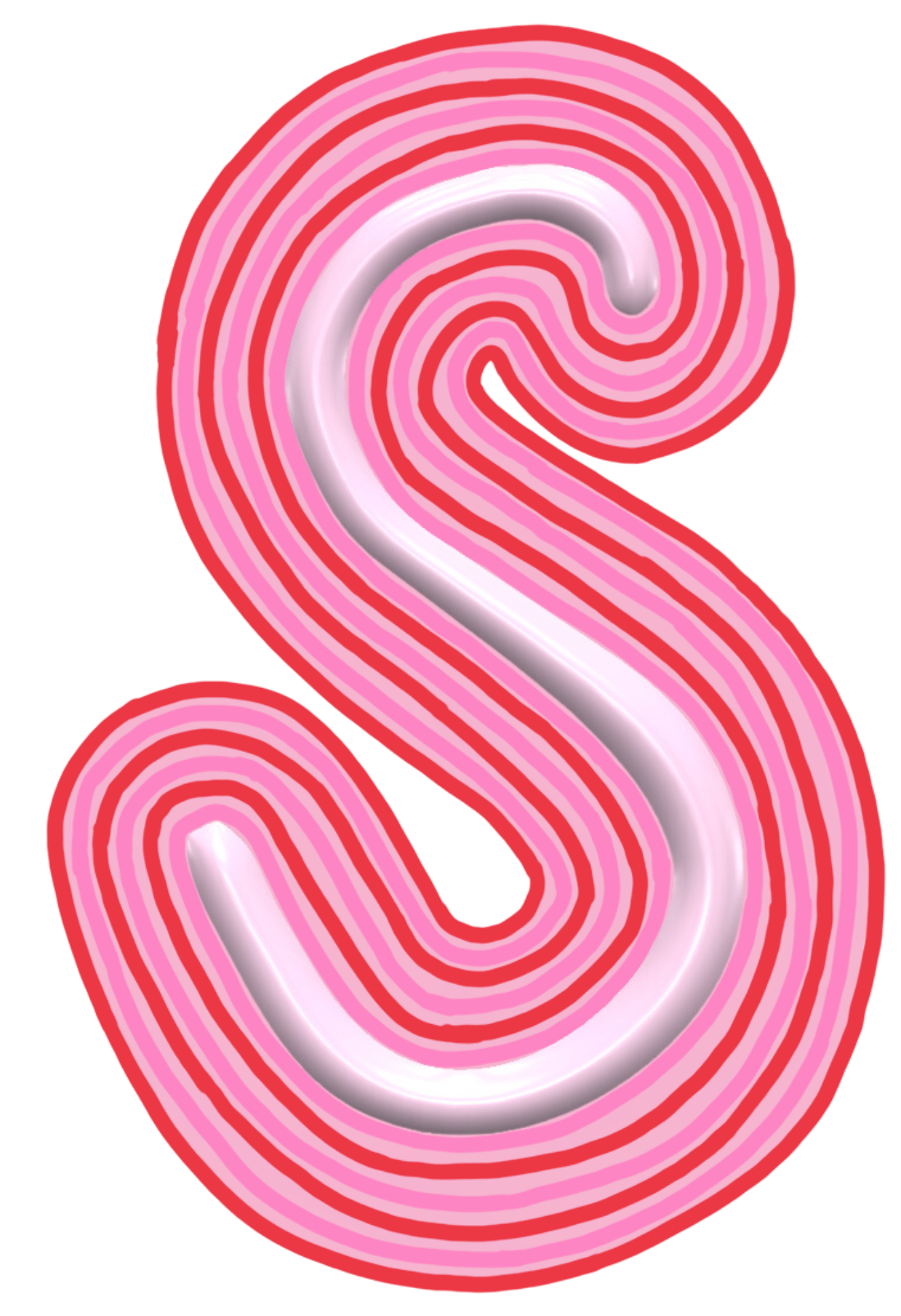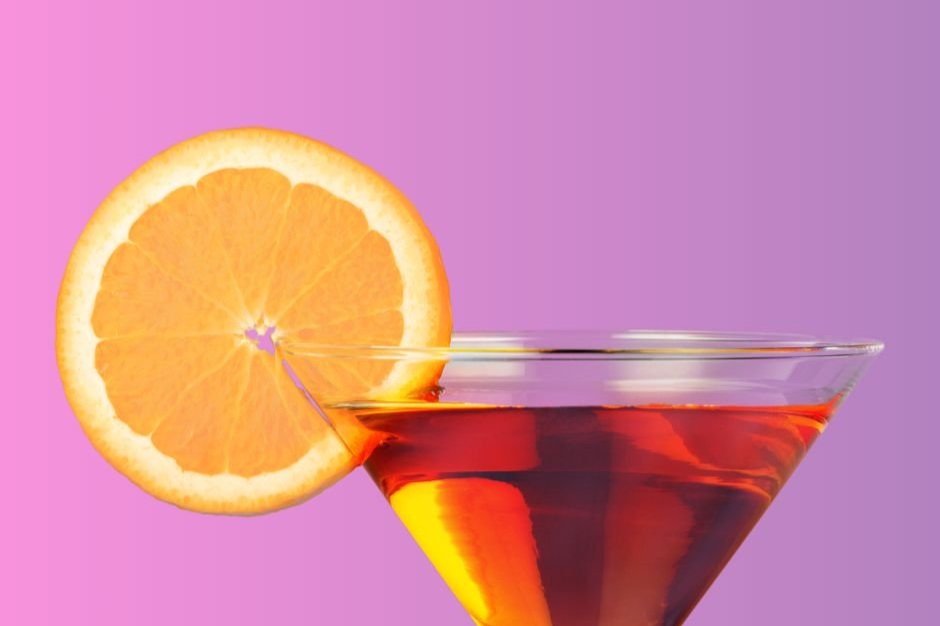What it’s like going sober beyond Dry January
Resident sober girlie, Amelia Reynolds, takes a look at Dry January and the sobriety craze. Speaking with founder of The Sober Girl Society, Millie Gooch.
Credit: Sextras
There’s something in the air in January that just makes us want to start afresh. December 31st, we crack out our journals and make the annual Bridget Jones-esque new years resolutions list.
It seems one of the resolutions we’re collectively scribbling down this year is to drink less alcohol, with a Forbes survey revealing that at least 13% of Brits are planning on cutting down the booze in 2024.
Alcohol Change UK’s Dry January challenge has been going strong since 2013, with 4000 people taking part in that year. Since then, it has grown exponentially with recent statistics showing that 8.5 million people planned on taking part in 2024.
But what happens after dry January, when the long 31 days are over? More and more people are considering cutting down their alcohol consumption year round. According to Alcohol Change UK, “there are signs that there is strong public appetite to reduce the amount of alcohol being drunk”.
I’ve been sober for ten months now and my journey started with my own month-long challenge (though Dry May - doesn’t have the same ring to it). After the month was over, I realised how much I preferred forgoing alcohol and wondered if other people felt the same.
Alicia, 24, a friend of mine who has recently completed dry January, agreed to meet me for mocktails and tell me about her experience.
She says her main reason behind going sober was a growing dependence on alcohol. “I felt like I relied on it to be confident and happy and it started to impact my relationships with friends and family,” she explains.
“I loved waking up without a hangover, feeling refreshed in the mornings, it became like a fun little game – the longer I went the better I felt and I was feeling more positive.”
“I’ve tried to go sober before and it’s never lasted, this time I’d just had enough so I thought I would try to challenge myself by doing Dry January”. The decision comes after she realised she was a different person when drinking. “I didn’t like who I was when I was drinking so I decided I needed a change,” she says.
Like many people who cut out booze, Alicia started to feel the benefits of an alcohol-free life. “My mindset changed, I started to like the fresh weekends more than I liked drinking.”
“I loved waking up without a hangover, feeling refreshed in the mornings,” she explains. “It became like a fun little game – the longer I went the better I felt and I was feeling more positive”.
Alicia says that taking a break from alcohol has helped her reframe her drinking habits. “I have had a few drinks since the end of January but nowhere near what I was drinking before”.
“I’m trying to build a healthy relationship with alcohol rather than turn completely to abstinence, though I definitely still enjoy my sober nights”.
She attributes her new, more positive attitude towards alcohol to her Dry January challenge. “My mental health is better, l have more energy and I feel like I’m getting to know myself better - I’m so glad I did it”.
Sobriety and Sober curious lifestyles have been pushed to the forefront of conversation by sober-influencers like Millie Gooch, the Founder of The Sober Girl Society and Author of ‘The Sober Girl Society Handbook’. Gooch has created a platform where sober people can connect both virtually and in person, making what can be an isolating experience both fun and positive.
“One of the most difficult parts early on in your sobriety can be socialising. Taking away the comfort of alcohol and being thrust into an environment where people around you are drinking can be tough. ”
When reflecting on the most rewarding parts of her sobriety, Millie tells me that it is a restored sense of agency that’s really been most the most noticeable change.
“I think it’s knowing that every decision I make comes from me and not some rampant tequila-fuelled demon. I used to do a lot of stupid stuff when I was drinking but now I feel like I actually have control over my own actions,” she says.
Millie has been open about her journey to sobriety, how uni drinking culture led to an unhealthy relationship with alcohol. If there was anything Millie could say to her pre-sober self now it would be:
“Apart from – ‘sober up’, I would probably just tell her that everything she’s looking for in alcohol, she can find in other things that won’t leave her depressed!”
One of the most difficult parts early on (and indeed later) in your sobriety can be socialising. Taking away the comfort of alcohol and being thrust into an environment where people around you are drinking can be tough.
“If you’re finding these situations really triggering – it’s okay to opt out and join in when you do feel ready/stronger in your sobriety,” she advises.
Although it’s important to set boundaries during your sobriety, there are options if you want to spend time with friends or family. Millie emphasises that in these situations, “preparation is key”.
“Tell people ahead of time that you’re not drinking so you get fewer questions in person and have an excuse ready for why you might need to leave early. When you arrive, go straight to the bar and order a non-alc drink so you don’t give yourself much chance to waiver!”
Sobriety isn’t all difficulty and struggle though! There are so many benefits to adopting a sober lifestyle. As Millie succinctly puts it: “Better sleep, more energy and no hangovers!”
Forgoing all alcohol can be a daunting step. Drinking is so ingrained in our culture that the thought of going without it can seem scary. Small steps into sobriety make it less intimidating. Speaking from experience, I can say that taking time away from alcohol (if you feel like you need it) will reset your mindset at the very least. It can be rewarding, exciting and possibly, the best thing you ever do.


